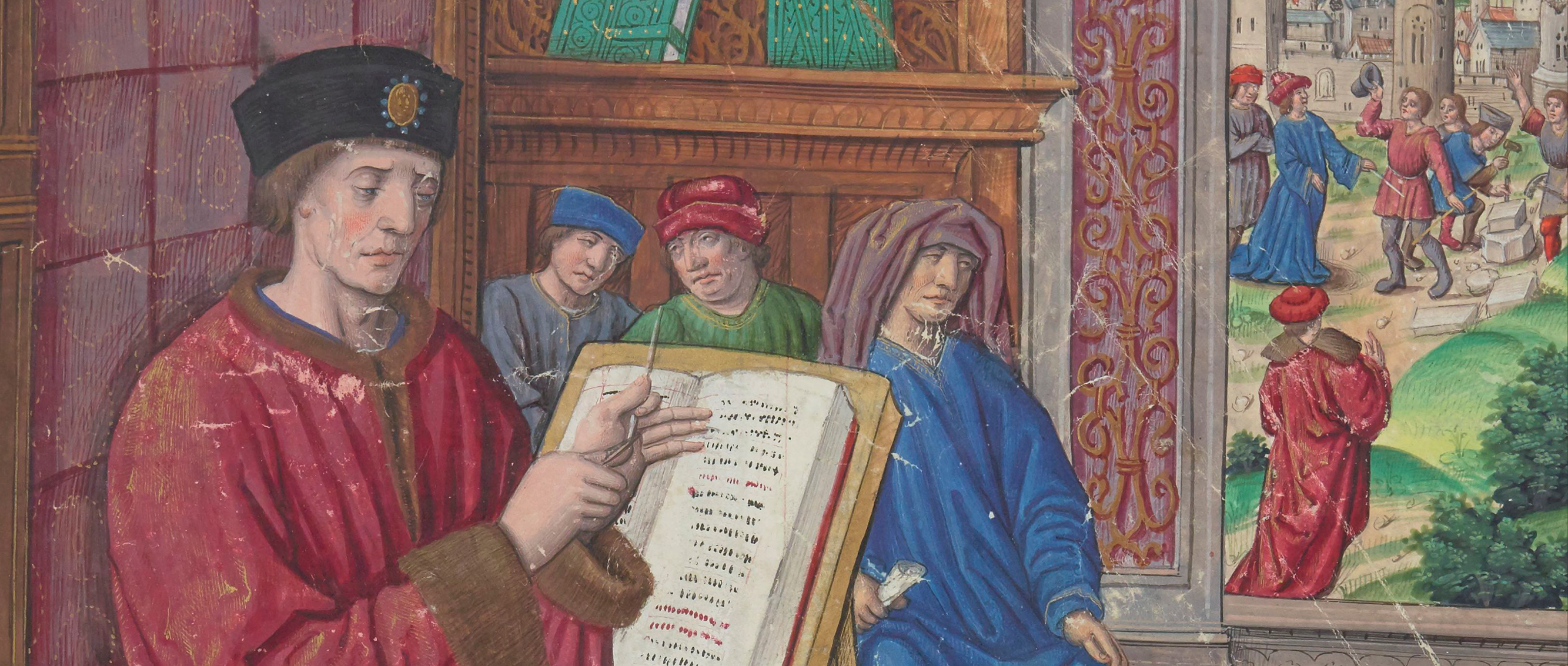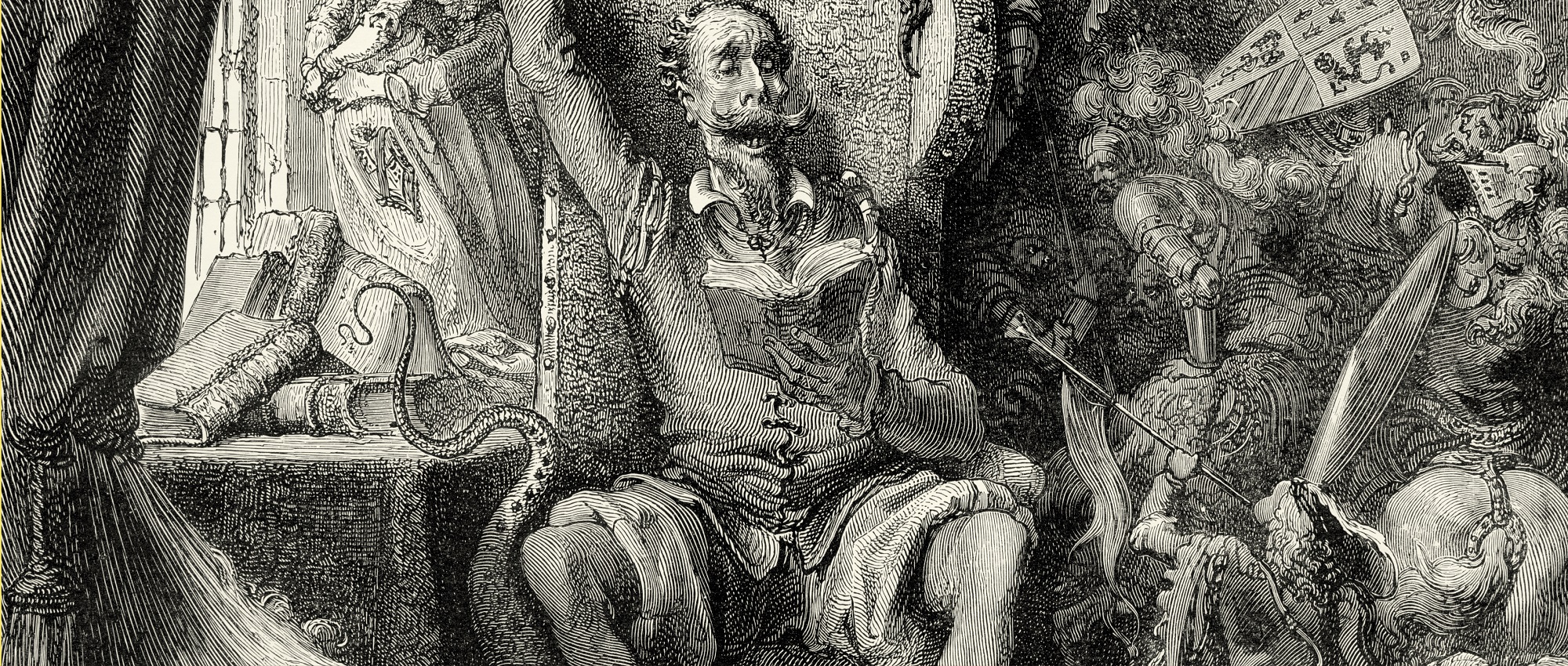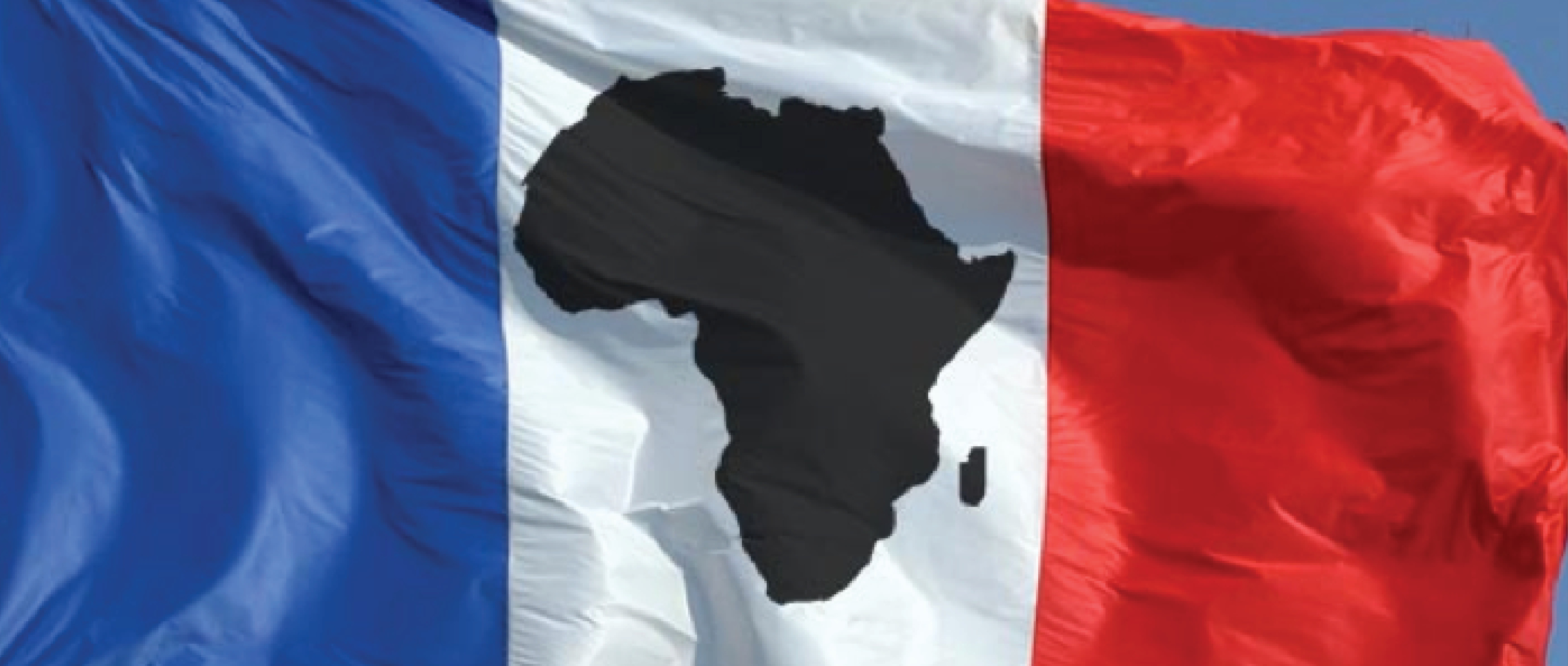Lire, comprendre et éditer les textes en ancien français

https://gallica.bnf.fr/ark:/12148/btv1b105470461
Instructor: Anne Salamon
Language of instruction: French
L’édition scientifique a pour ambition de livrer un texte fiable et fixe à la communauté des lecteurs et des chercheurs, à partir du matériau initial que sont les manuscrits, les imprimés anciens, les brouillons d’auteurs ou autres documents d’archive. Il s’agit de l’activité nécessaire et première qui permet l’accès à notre patrimoine littéraire. Toutefois, derrière ces éditions critiques modernes, livres imprimés au texte fixe, autorisé et reproductible, se cache tout un travail critique, parfois polémique, de lecture, d’interprétation, de compréhension. De l’apprentissage de la lecture des manuscrits anciens en passant par une introduction linguistique à l’ancien français jusqu’à la traduction et l’édition de textes littéraires en ancien et moyen français, le séminaire a pour objectif de permettre la lecture indépendante des textes littéraires anciens.
Required readings:
Required readings will be provided on Canvas.
Recommended readings:
Laurence Hélix, L’ancien français. Morphologie, syntaxe et phonétique, Paris, Armand Colin, 2018.


